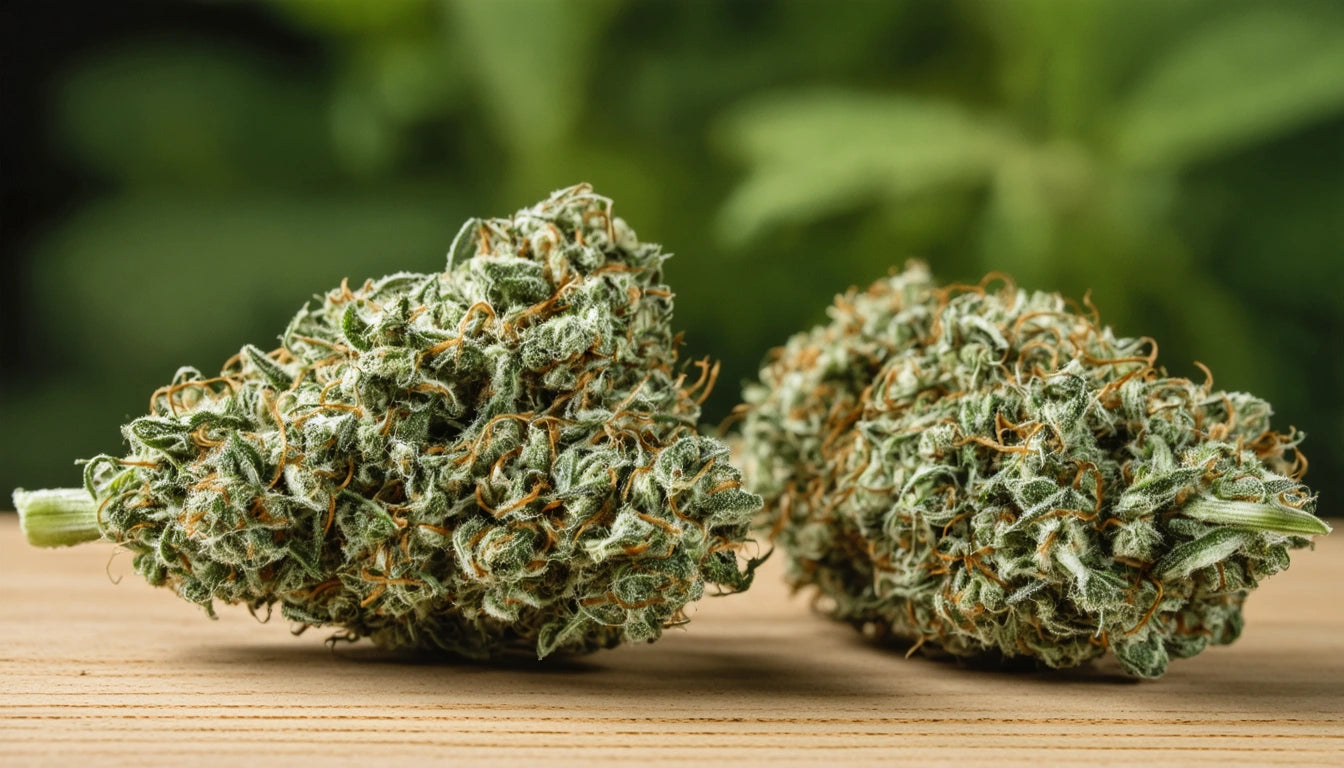Table of Contents
- Decriminalization vs. Legalization: Understanding the Difference
- States That Have Decriminalized Marijuana
- States With Recreational Marijuana Legalization
- States That Have Decriminalized Other Drugs
- The Impact of Decriminalization on Communities
- Future Trends in Drug Decriminalization Across America
Which U.S. States Have Decriminalized Marijuana and Other Drugs?
The landscape of drug policy in the United States continues to evolve rapidly, with marijuana decriminalization leading the way for broader drug policy reform. Understanding what states have decriminalized weed and other substances is crucial for consumers, businesses, and policymakers alike. This comprehensive guide explores the current status of decriminalization efforts across America.
Decriminalization vs. Legalization: Understanding the Difference
Before diving into which states have decriminalized marijuana, it's important to understand the distinction between decriminalization and legalization:
- Decriminalization: Typically removes criminal penalties for possession of small amounts for personal use, often replacing them with civil fines. Production and sales usually remain illegal.
- Legalization: Creates a legal framework for production, sale, and possession, usually with regulations and taxation.
This distinction explains why the number of states that have decriminalized weed differs from those that have fully legalized it. Many states use decriminalization as an intermediate step toward potential future legalization.
States That Have Decriminalized Marijuana
Currently, 31 states have decriminalized marijuana possession in some form. These states have removed criminal penalties for possessing small amounts of cannabis, though civil penalties may still apply.
Northeast and Mid-Atlantic
- Connecticut
- Delaware
- Maine
- Maryland
- Massachusetts
- New Hampshire
- New Jersey
- New York
- Rhode Island
- Vermont
Midwest
- Illinois
- Michigan
- Minnesota
- Missouri
- Ohio
West
- Alaska
- Arizona
- California
- Colorado
- Hawaii
- Montana
- Nevada
- New Mexico
- Oregon
- Washington
South
- Louisiana
- Mississippi
- North Carolina
- Virginia
For cannabis businesses operating across state lines, understanding these varying policies is essential. Many companies use specialized packaging solutions designed for compliant interstate transport while maintaining product freshness and meeting regulatory requirements.
States With Recreational Marijuana Legalization
Beyond decriminalization, recreational marijuana has been legalized in 24 states plus Washington D.C. and territories including Guam and the Northern Mariana Islands. These states have established regulated markets for the production and sale of cannabis products:
- Alaska
- Arizona
- California
- Colorado
- Connecticut
- Delaware
- Illinois
- Maine
- Maryland
- Massachusetts
- Michigan
- Minnesota
- Missouri
- Montana
- Nevada
- New Jersey
- New Mexico
- New York
- Ohio
- Oregon
- Rhode Island
- Vermont
- Virginia
- Washington
It's worth noting that some states still maintain full prohibition of marijuana, with neither decriminalization nor legalization in place.
States That Have Decriminalized Other Drugs
When it comes to what states have decriminalized drugs beyond marijuana, Oregon leads the nation. In 2020, Oregon became the first state to decriminalize the possession of small amounts of all drugs, including cocaine, heroin, methamphetamine, and others through Measure 110.
Other states have taken more limited approaches:
- Washington State: Temporarily decriminalized drug possession following a state Supreme Court decision (State v. Blake) in 2021, though the legislature later recriminalized possession as a misdemeanor.
- Colorado: Reduced penalties for possession of small amounts of Schedule I and II substances.
- Washington D.C.: Deprioritized enforcement of laws against plant and fungi psychedelics.
- California: Some cities including Oakland and Santa Cruz have deprioritized enforcement against psychedelic plants.
These changes represent a significant shift in how states approach drug policy, moving toward public health frameworks rather than criminal justice responses.
The Impact of Decriminalization on Communities
The decriminalization of marijuana and other drugs has shown several measurable impacts:
- Reduced arrests and incarceration, particularly among communities of color
- Decreased criminal justice system costs
- Increased access to treatment and harm reduction services
- Reduced stigma surrounding substance use disorders
According to comprehensive analyses of legalization impacts, states that have decriminalized weed have generally not seen increases in youth consumption, while tax revenues have provided funding for education, treatment, and community reinvestment.
Future Trends in Drug Decriminalization Across America
Looking ahead, several trends are emerging in drug decriminalization across the United States:
- Expanded Marijuana Reform: More states are likely to join the ranks of those that have decriminalized pot, with several having active legislation or ballot initiatives in progress.
- Psychedelic Decriminalization: Following local initiatives in cities like Denver and Oakland, more jurisdictions are considering decriminalizing plant-based psychedelics for therapeutic or religious use.
- Public Health Approaches: States are increasingly adopting harm reduction strategies like Oregon's model, which diverts people to health services rather than the criminal justice system.
- Federal Reform Possibilities: While federal law still classifies marijuana as a Schedule I substance, there is growing momentum for rescheduling or descheduling cannabis at the federal level.
As marijuana laws continue to evolve, businesses in the cannabis space must stay informed about regulatory changes and adapt their operations accordingly.
The movement toward decriminalization represents a significant shift in American drug policy, one that prioritizes public health and social justice over punitive approaches. While the patchwork of state laws creates complexity, the overall trend points toward more humane and evidence-based policies regarding substance use.











Leave a comment
All comments are moderated before being published.
This site is protected by hCaptcha and the hCaptcha Privacy Policy and Terms of Service apply.